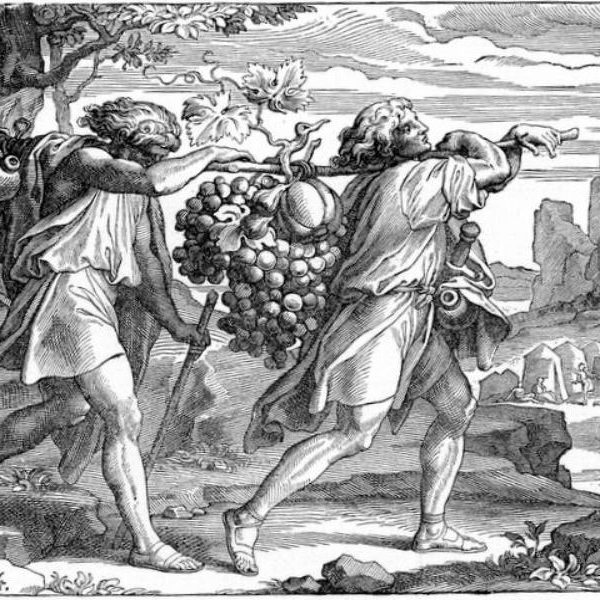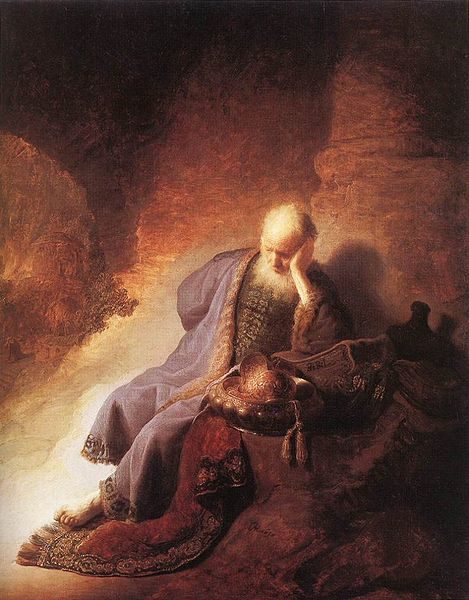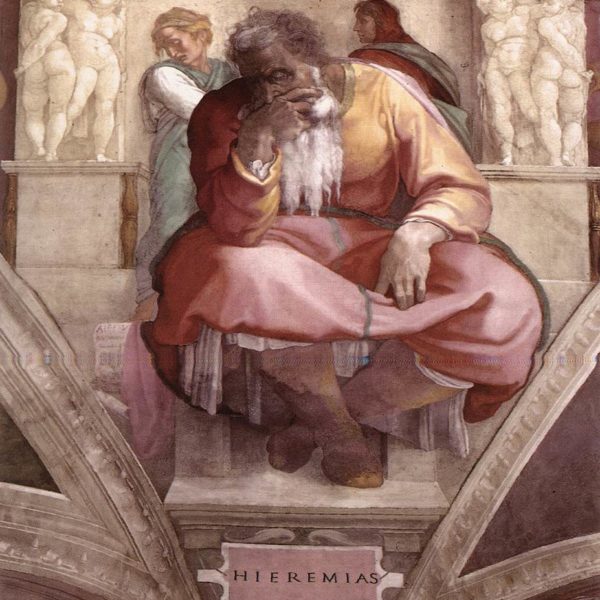
The promise of the new covenant in Jeremiah 31:31-34 contains political dimensions that typically pass unrecognized, but which provide a rich description of an ideal polity. This prophetic vision can serve as a powerful counterpart and companion to more conventional political utopias and idealized societies.

In light of the two kingdoms doctrine and the separation of church and state, understanding the appropriate form of Christian prayer for and engagement with the political realities of our societies can be complex. In Jeremiah’s message to an exiled people, we find a pattern for prayer in a pluralistic context, a calling that identifies our primary task to be one of seeking the common good and welfare of our communities, rather than one of submission or conversion.

Jeremiah 31:27-34 confirms for us that God is present through the thick and thin of pain and suffering and in the disturbing questions that these experiences raise. But a day will come when God out of God’s grace and mercy will provide the community with all that is needed to overcome this pain and build life anew.

The policy of accommodation, cooperative political activities and praying to God for the well-being of a foreign city as suggested by Jeremiah was both innovative and a great challenge to the exilic community. It also has lessons for us as we seek a public, politically and socially relevant theology.

It is a challenge to reflect on politics and advent together. As advent emerges and we begin to anticipate the emergence of God’s presence into the world anew, as we expect the child who taught peace and preached liberation for the poor and oppressed, I cast my eyes on the political landscape and struggle to glimpse what might be breaking forth with new life. Perhaps this is a problem with how we conceptualize the birth of Jesus, as a grand cosmic event, an episode of a preordained salvation history, the inauguration of a new kingdom of peace on earth. There is another element to this extraordinary story, its ordinariness. Jesus is born in a Galilean backwater, to an unwed teen mother, lost in a crowd of travelers. Jeremiah prophesied to his ancient community about a time when justice and righteousness will emerge into history. We still await the fulfillment of this prophesy. But refracting this vision through the circumstances of Jesus’ birth will perhaps teach us to look for this hope in unexpected places…